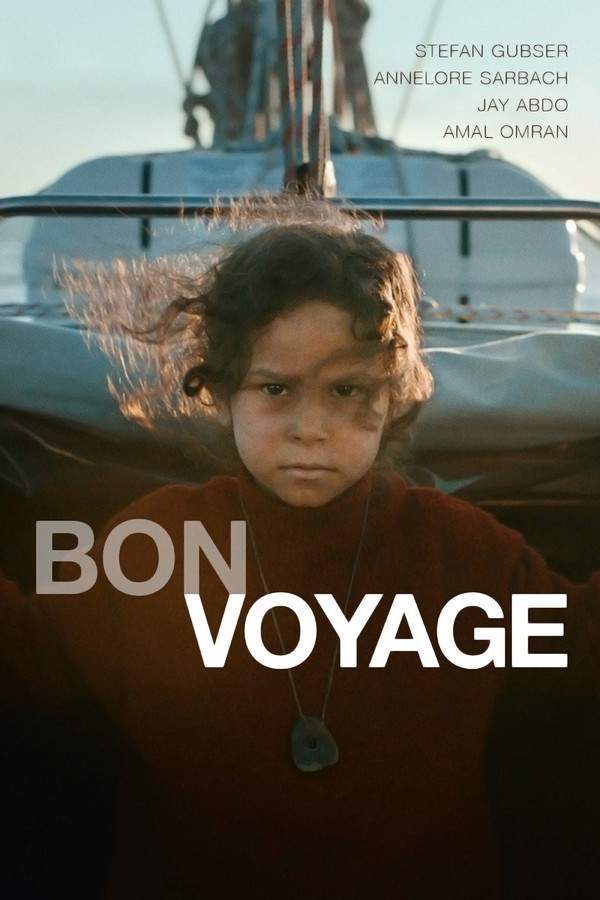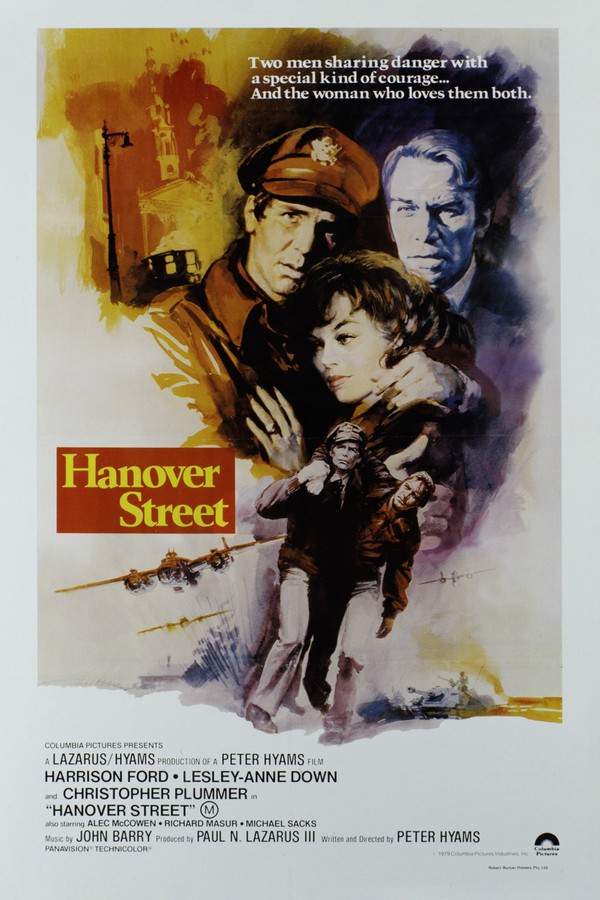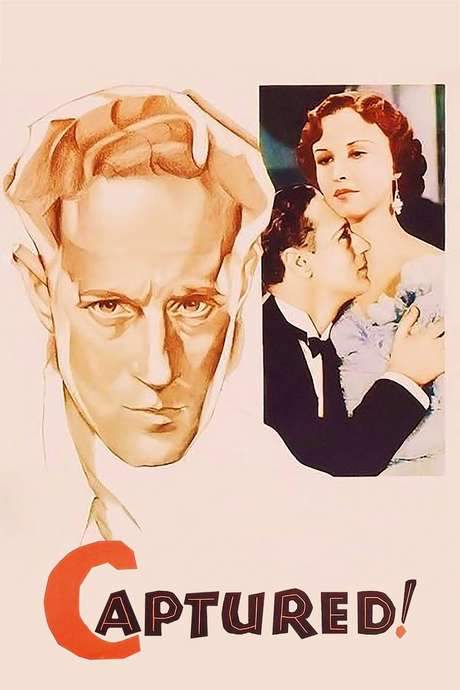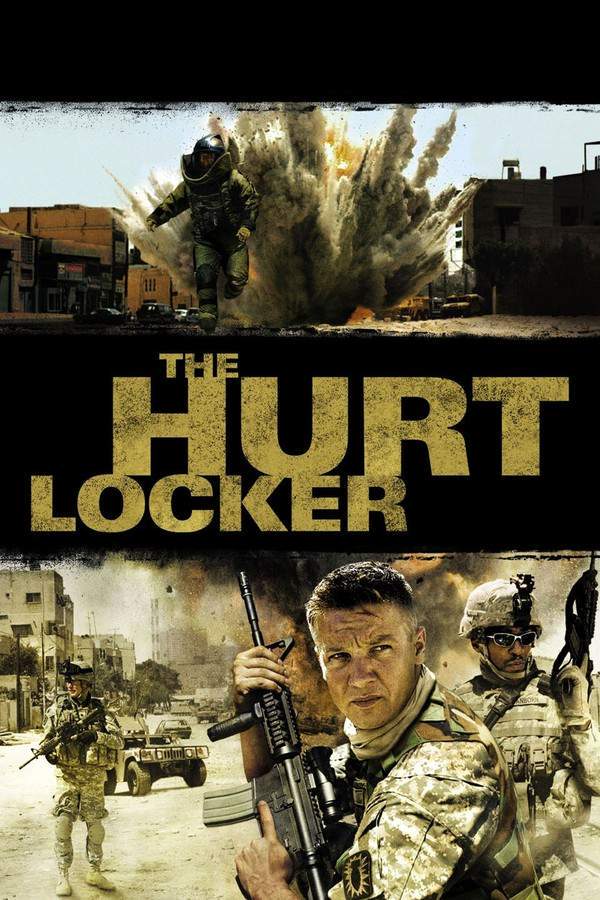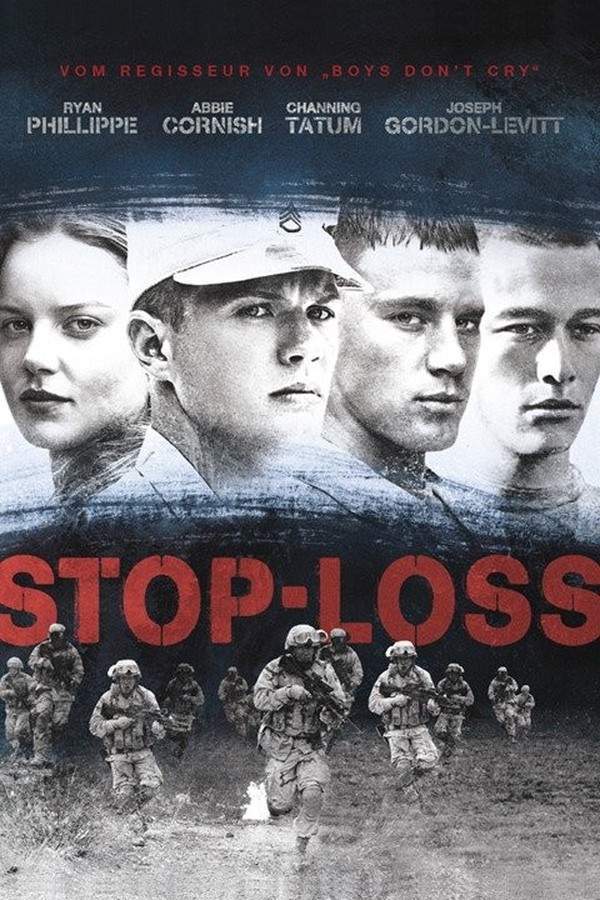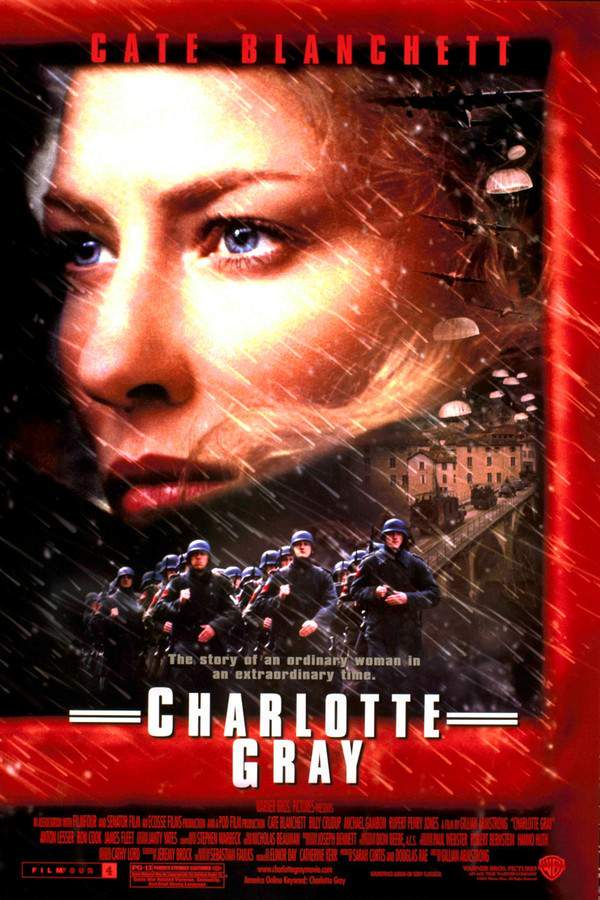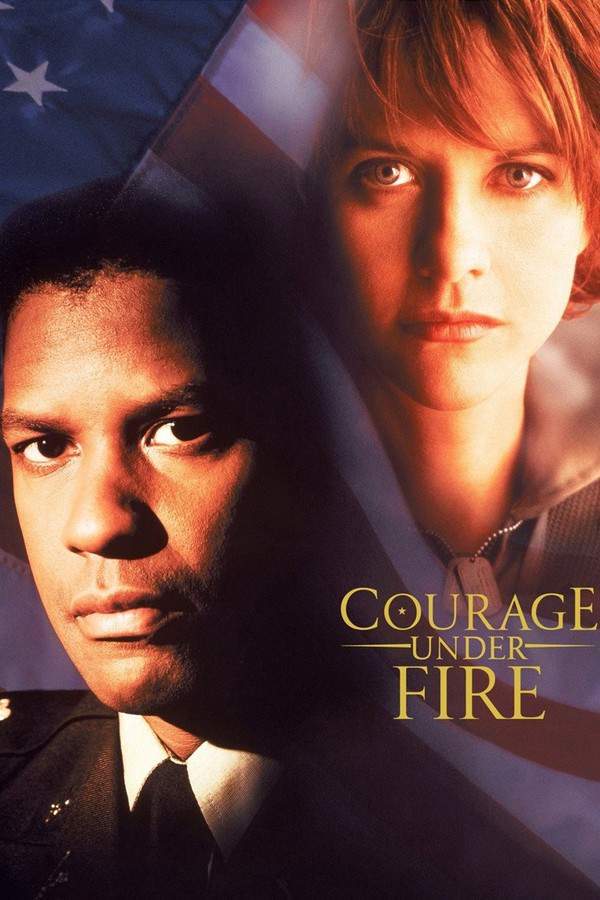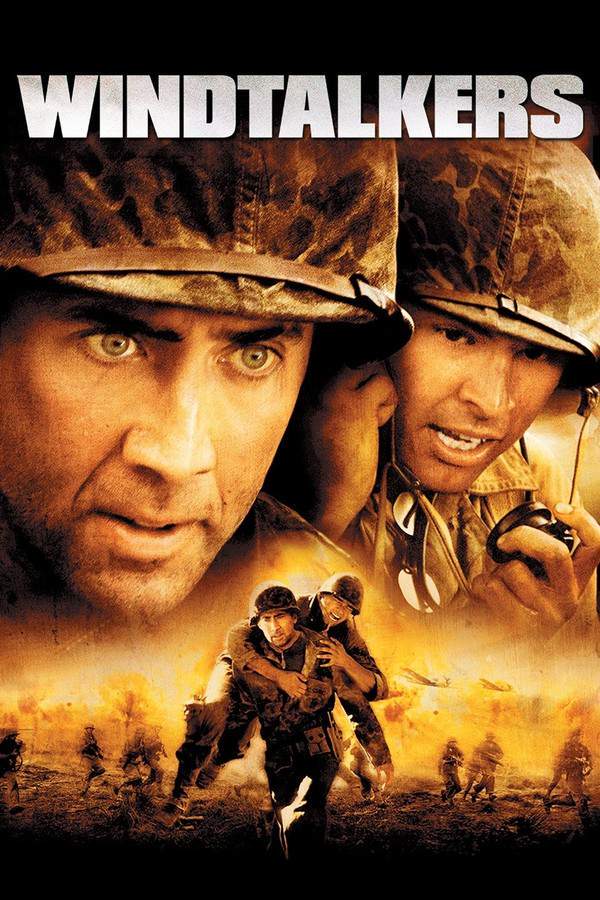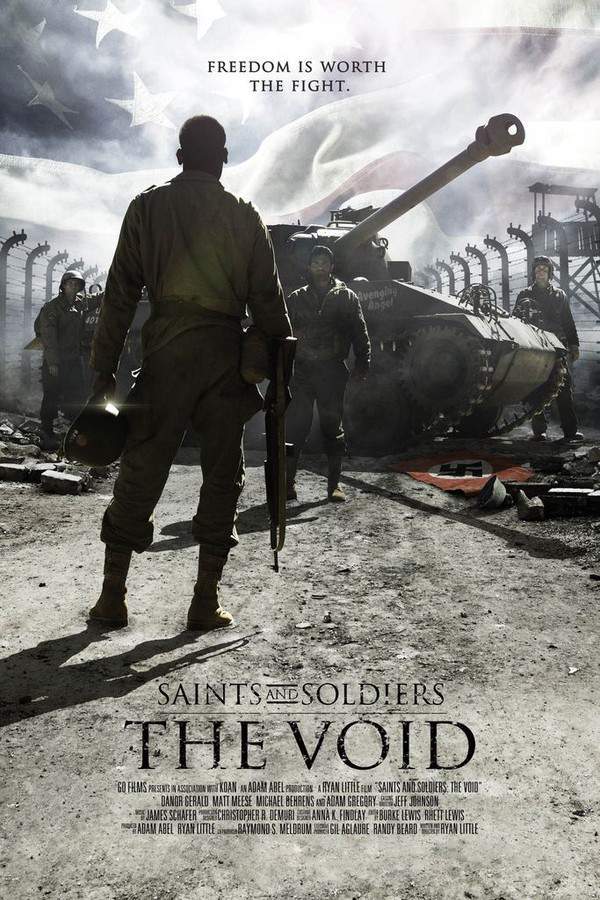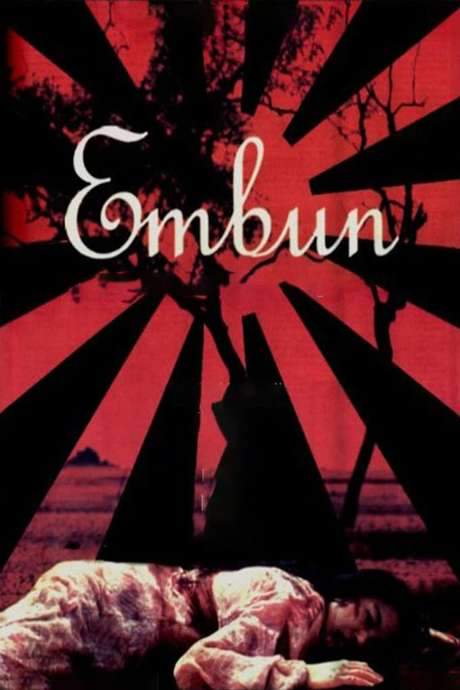
Embun
Year: 2002
Runtime: 135 mins
Language: Malay
Director: Erma Fatima
During the 1940s Japanese occupation of Malaya, Embun is thrust into the resistance when her brother Bayu and father are arrested. While fighting the invaders, she becomes drawn to Koishi, a Japanese army public‑relations officer tasked with winning Malay support. Koishi also seeks the Malay man who married his mother, a former Japanese spy, adding personal stakes to the conflict.
Warning: spoilers below!
Haven’t seen Embun yet? This summary contains major spoilers. Bookmark the page, watch the movie, and come back for the full breakdown. If you're ready, scroll on and relive the story!
Embun (2002) – Full Plot Summary & Ending Explained
Read the complete plot breakdown of Embun (2002), including all key story events, major twists, and the ending explained in detail. Discover what really happened—and what it all means.
Embun is an ordinary village resident living during the Japanese occupation of Malaya. At seventeen, she stands out not just for her youth but for a fierce spirit of liberation that sets her apart from many women of her time, who are often confined to kitchens or silenced by tradition. Embun embodies a quiet courage that pushes against the constraints of colonial rule, and she carries within her a belief that change can begin at the most intimate, everyday moments of her life.
Her brother, Bayu, anchors this conviction in a broader political frame. A driving force of the Young Malay Union in Bayan Lepas, Penang, Bayu is deeply engaged in the cause his sister also begins to feel—that upheaval could be harnessed to free the Malays from British colonial domination. They share a vision shaped by the era’s towering slogans: “Asia for Asians” and the “Greater East Asia Co-Prosperity Sphere” that the Japanese authorities had been promoting in the lead-up to their takeover. Bayu’s devotion to these ideas reflects a generation hungry for autonomy, and Embun watches as his steadfast loyalty to this movement draws her into a more complicated alliance with the occupiers’ promises.
The story intensifies when a year after the Japanese arrival, Bayu is arrested for organizing a protest rally against the new regime. That arrest becomes the catalyst for Embun’s ascent from a witness to a participant in a dangerous resistance. Determined to help her brother, she seeks an audience with General Kurugawa, hoping to secure Bayu’s release and to press for a future in which Malays might shape their own fate rather than be subjected to colonial rule. Her efforts draw a harsh counterforce: Embun is captured by Lieutenant Akishi, and she endures a brutal assault during the encounter. It is a moment of profound violation and fear, yet it is also a turning point that tests her resolve and her capacity to persevere.
In a moment of unlikely mercy, Lieutenant Koishi—a Japanese officer who has recently arrived and who witnesses Embun’s suffering—steps in and saves her from further harm. This act complicates the moral landscape of the conflict, because Koishi’s intervention hints at loyalties and motives that lie beyond simple enemy-ally binaries. The news of Embun’s assault, and the sorrow that follows with the death of her father, Pak Harun, deepens her grief while sharpening her resolve. The loss heightens her sense of injustice and fuels a more intense commitment to resisting the oppressors, even as she contends with the personal consequences of taking a stand.
With Koishi’s assistance, Embun gains access to General Kurugawa to advocate for Bayu’s release. The negotiations reveal a cruel trade: Bayu’s freedom comes with a condition. He is asked to work with Koishi to persuade the Malays to support the Japanese through a development program in Kampung Bukit, Bayan Lepas. This arrangement places Embun and Koishi into a fraught alliance that crosses lines of enemy and ally, loyalty and risk, love and betrayal. The partnership between Embun and Koishi grows more intimate as they navigate the delicate balance of helping a community while bending to the terms of a regime that seeks to manipulate it.
Suspicion, however, soon threads through the arrangement. Akishi grows wary of Koishi’s true loyalties and uncovers evidence that Koishi has aided the Malays in resisting the Japanese occupation. The revelation triggers a deadly crisis: Koishi’s life is endangered as Akishi demands punishment for both Koishi and Embun. The tension culminates in violence and lethal decisions, as Koishi ultimately dies in the struggle, a casualty of a conflict that blurs moral lines and tests every fiber of Embun’s courage.
In the aftermath, Embun acts to avenge Koishi’s death by turning her fury toward Akishi, stabbing him in a moment of raw retribution. The act marks a stark culmination of Embun’s transformation from a village resident with a burning sense of justice into a figure whose personal pain becomes a vehicle for resistance. Her journey, though consumed by tragedy, leaves a portrait of resilience in the face of occupation—a portrait that recognizes the human cost of war and the costly toll of standing up for one’s people.
The narrative unfolds with a careful attention to the complexities of resistance under occupation. It presents Embun as a beacon of determination who dares to challenge the status quo not only through direct confrontation but also by engaging with the networks, negotiations, and uneasy alliances that such a fight necessitates. The film shows how the interplay between personal trauma and political aspiration can fuel a stubborn, enduring fight for dignity and freedom, even when the odds are stacked by a regime intent on coercion and control. At its core, the story is about the resilience of a young woman who refuses to surrender to the circumstances imposed upon her, choosing instead to turn pain into purpose and to seek a future in which her people might claim their own agency.
In a broader sense, the tale examines the costs and consequences of resistance, the dangerous gray areas of collaboration versus subversion, and the way intimate relationships can become both lifelines and liabilities in times of upheaval. It is a narrative of courage shaped by loss, a reminder that liberation movements are forged through sacrifices large and small, and that the lines between oppressor and ally can blur when survival, justice, and ambition all hang in the balance.
Last Updated: October 09, 2025 at 15:23
Explore Movie Threads
Discover curated groups of movies connected by mood, themes, and story style. Browse collections built around emotion, atmosphere, and narrative focus to easily find films that match what you feel like watching right now.
Movies with a forbidden wartime romance like Embun
Love stories that bloom tragically across enemy lines during brutal occupations.If you were drawn to the tragic love story between Embun and Koishi, this thread gathers movies with similar forbidden romances set during wartime occupations. These films feature characters falling in love across enemy lines, facing moral dilemmas, family loyalty, and the heavy emotional cost of love in a time of conflict.
Narrative Summary
Stories in this thread typically center on a romance that defies the political and social boundaries of war. The central conflict arises from the lovers' divided loyalties, forcing them to navigate suspicion, betrayal, and the constant threat of violence. The narrative arc often follows their struggle to protect their love amidst escalating conflict, culminating in a bittersweet or tragic resolution.
Why These Movies?
These movies are grouped together because they share a core focus on the emotional and moral complexities of a romance between individuals from warring factions. They blend the high stakes of a war drama with the intimate, personal stakes of a forbidden love, creating a uniquely tense and emotionally heavy viewing experience.
Movies about civilian trauma and resilience in war like Embun
Stories of ordinary people forged into resilience by the horrors of war.If you were moved by Embun's traumatic journey from a peaceful life to becoming a resilient fighter, this thread features similar stories. These films focus on the emotional weight of war on ordinary people, exploring themes of grief, loss, moral transformation, and the fierce resilience required to survive oppression.
Narrative Summary
The narrative pattern follows a civilian protagonist whose world is shattered by the outbreak or escalation of war. They endure significant personal tragedies—loss of family, imprisonment, violence—that force a dramatic character transformation. The journey is one of descending into hardship and emerging fundamentally changed, often trading innocence for a hardened will to survive or seek justice.
Why These Movies?
These films are united by their intense focus on the psychological and emotional impact of war on non-combatants. They share a heavy emotional weight, a tense and oppressive atmosphere, and a central character arc defined by trauma and the forging of resilience through immense suffering.
Unlock the Full Story of Embun
Don't stop at just watching — explore Embun in full detail. From the complete plot summary and scene-by-scene timeline to character breakdowns, thematic analysis, and a deep dive into the ending — every page helps you truly understand what Embun is all about. Plus, discover what's next after the movie.
Embun Timeline
Track the full timeline of Embun with every major event arranged chronologically. Perfect for decoding non-linear storytelling, flashbacks, or parallel narratives with a clear scene-by-scene breakdown.

Characters, Settings & Themes in Embun
Discover the characters, locations, and core themes that shape Embun. Get insights into symbolic elements, setting significance, and deeper narrative meaning — ideal for thematic analysis and movie breakdowns.

Embun Spoiler-Free Summary
Get a quick, spoiler-free overview of Embun that covers the main plot points and key details without revealing any major twists or spoilers. Perfect for those who want to know what to expect before diving in.

More About Embun
Visit What's After the Movie to explore more about Embun: box office results, cast and crew info, production details, post-credit scenes, and external links — all in one place for movie fans and researchers.





